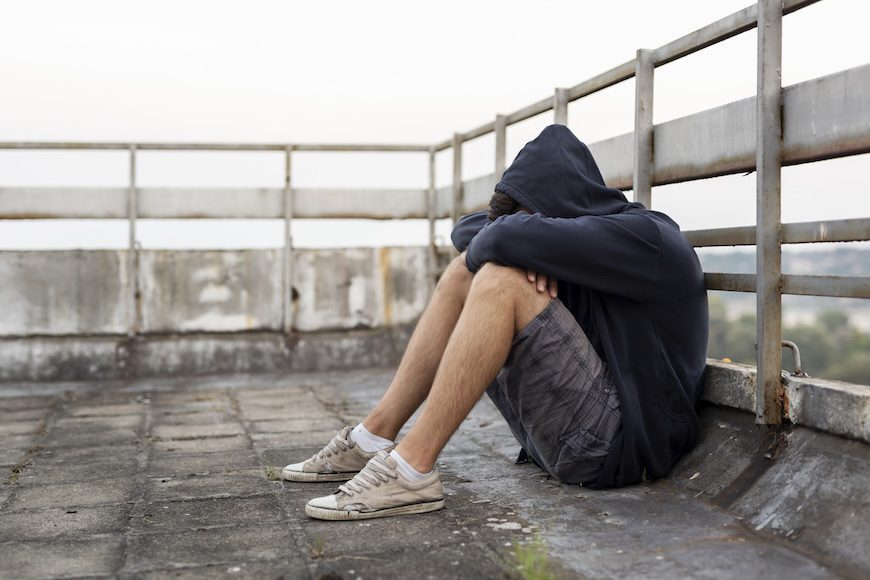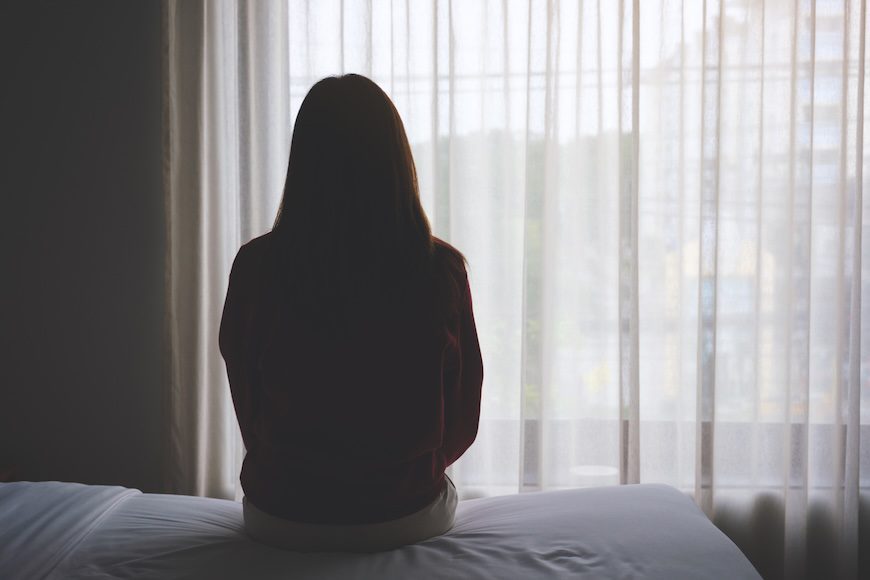Mental illness is on the rise among college students. Pre-pandemic Gen Zers were already demonstrating unprecedented rates of mental health problems. At least 40 percent reported debilitating depression and 12 percent reported suicidal ideation, according to the American College Health Association (ACHA) and The Suicide Resource Prevention Center.
Levels of depression and anxiety shot up among adolescents during pandemic isolation. Some 70 percent of teens across all genders, races, and incomes say that anxiety and depression are significant problems among their peers, according to a recent Pew Research Center survey.
In particular, students of color are less likely to seek treatment compared to white students. One 2020–21 study found that while 55.8 percent of white students living with mental illness sought treatment, that percentage dropped to 37.7 and 35.9 percent for Black and Latinx students, respectively.
Suicide Among College Students
Smart Phone Addiction in Young People
A Live-In Approach
One university recently implemented a unique solution to make care more accessible to students suffering in silence. Virginia Tech has embedded mental health counselors within student dorms—the majority of which house first-year students adjusting to college life. The program places mental health counselors in plain sight, offering drop-ins as well as scheduled appointments.
The mission of the Residential Well-being Embedded Counseling program “is to elevate students’ mental, emotional, and social well-being by reducing barriers to mental health services,” according to a Virginia Tech statement.
“I strongly believe that all students should be taught that it is OK to ask for help because that is what makes people wiser and stronger. One area where I know students can pick up on this is during those first few weeks of college in their residence halls,” Dalton Kaiser, one of the Residential Well-being student leaders, said.
The main purpose of the program is to improve mental health among undergraduates, but Virginia Tech said its embedded counselors also serve a more pragmatic purpose, according to The Chronicle. More than 10,000 students living in campus housing struggle with the mounting pressures of post-pandemic life. Resident advisors (RAs) became overwhelmed with students seeking mental health advice they were not qualified to give. A short walk across the hall to an embedded counselor’s office allows RAs to ensure students receive the proper care without getting overly-involved themselves.
According to The Chronicle, Virginia Tech’s embedded-counseling office operates from 2-11 p.m. Monday through Thursday, and 8 a.m.-5 p.m. on Fridays. Late-night hours on weekdays allows students to access treatment on their own schedules or at the last minute when necessary. The strategy seems to be working. Virginia Tech’s four embedded counselors have met with more than 1,100 students so far this academic year.
Addressing a Growing Need
The concept of focused mental health counseling on campus is not unique to Virginia Tech. About one-fifth of surveyed colleges have at least one mental health counselor. Most embed with a specific group, such as athletes or international students. Residentially-located counselors take the concept to a new level, making psychological care more accessible to students than ever before.
A survey from the American Psychological Association (APA) indicates that Gen Z (the generation that encompasses a majority of college students) is more likely than any other generation to disclose mental health issues and admit to seeking treatment. Gen Z’s willingness to address these issues demonstrates a shifting paradigm and a decrease in mental health stigmas.
Some college student athletes are even taking their mental health into their own hands with grassroots movements aimed at destigmatizing mental health struggles among their peers. For example, chapters of a group called Morgan’s Message have popped up on campuses all over the country. The mother of a West Virginia University gymnast who died by suicide founded the organization in 2020.
Morgan’s Message organizes “peer-to-peer” conversations among student-athletes to provide “resources and expertise to those battling mental health issues.” As one Sports Health paper noted, suicide represents 7.3 percent of all-cause mortality among college student athletes.With the recent rise in open discussions about the realities of mental illness on social media platforms like TikTok, it appears likely that the rate of students seeking the care they need—whether via embedded counselors or otherwise—will only continue to rise.



